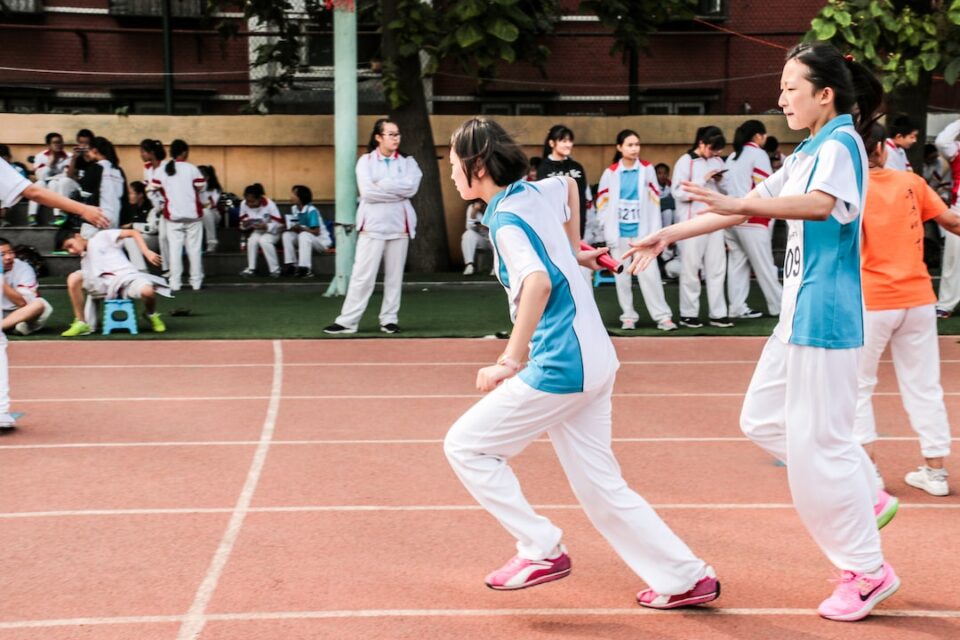Cross-training is a term that has gained popularity among athletes and fitness enthusiasts in recent years. It refers to the practice of engaging in different types of exercises and activities, rather than focusing solely on one specific sport or workout routine. The benefits of cross-training are numerous and can play a significant role in improving an athlete’s performance and overall well-being.
One of the key advantages of cross-training is injury prevention. When athletes repeatedly perform the same movements and exercises, they put themselves at risk of developing overuse injuries. Constantly taxing the same muscles and joints can lead to stress fractures, tendinitis, and muscle imbalances. By incorporating cross-training into their routine, athletes can give these stressed areas a rest while still maintaining their cardiovascular endurance and overall fitness level. Cross-training allows athletes to train different muscle groups, reducing the likelihood of overuse and imbalances, thus minimizing the risk of injury.
Another benefit of cross-training is improved overall performance. Engaging in a variety of exercises helps to strengthen both the major muscle groups and the smaller stabilizer muscles. For example, a runner who incorporates strength training exercises can improve their core strength, leading to better posture and more efficient running form. Similarly, a swimmer who adds resistance training can enhance their upper body strength, resulting in a more powerful stroke.
Cross-training also helps athletes break through performance plateaus. When an athlete’s body becomes accustomed to the same exercises and movements, it gradually adapts and reaches a plateau. This can hinder progress and make it challenging to improve performance. By introducing new types of workouts, cross-training forces the body to adapt to different stimuli, promoting growth and development. The muscles are continually challenged and pushed to new limits, which can result in increased strength, speed, and endurance.
Additionally, cross-training provides mental benefits to athletes. Concentrating solely on one sport or exercise can lead to mental burnout and boredom. Adding variety to your routine by exploring new activities not only revitalizes the mind but also helps to prevent mental fatigue. Engaging in different exercises keeps workouts fresh and exciting, leading to increased motivation to train and perform better.
Moreover, cross-training helps athletes become more well-rounded and versatile. Developing proficiency in multiple sports or exercises allows athletes to adapt to different training conditions and competitions. They become more adaptable to different terrains, weather conditions, and environments, making them more resilient and better prepared for any challenges that may arise during competition.
In conclusion, cross-training offers numerous benefits to athletes. Its injury prevention properties, performance improvement capabilities, and mental advantages make it an essential component of any training regime. By incorporating a variety of exercises, athletes can enhance their overall fitness, break through performance plateaus, and build a more resilient body and mind. Embracing cross-training not only fosters physical development but also cultivates a well-rounded and versatile athlete capable of excelling in any chosen sport or activity.

